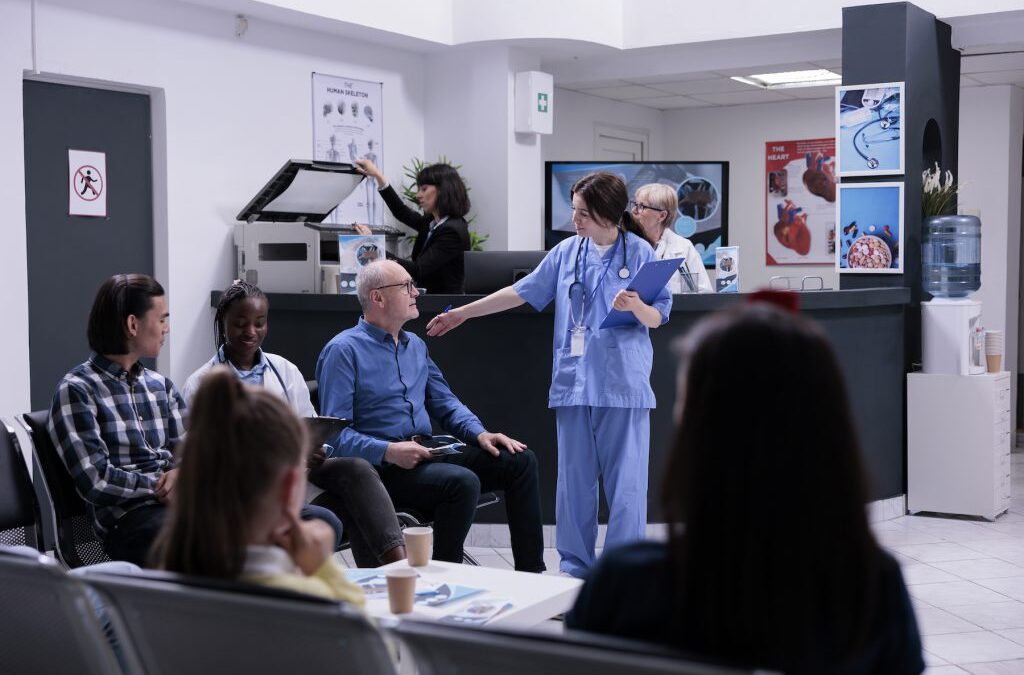What Is the Likelihood of Developing Long COVID?
Recent studies suggest that the risk of developing long COVID varies based on factors such as age, vaccination status, and the SARS-CoV-2 variant responsible for infection:
- Current Variants:
- According to a study published in The Lancet in 2024, the risk of long COVID with recent Omicron subvariants (e.g., XBB.1.5 and BA.2.86) appears to be lower than with earlier variants like Delta or the original strain. This decline is attributed to widespread immunity from vaccinations and prior infections.
- Long COVID prevalence among Omicron cases is estimated at 5-10%, compared to 20-30% in earlier waves.
- Vaccination Impact:
- The CDC reports that being fully vaccinated reduces the likelihood of long COVID by approximately 50%. Booster doses further lower this risk by enhancing immune responses.
- Population Groups:
- Adults aged 40-60 years and individuals with preexisting conditions (e.g., diabetes, cardiovascular disease) face higher risks.
- Women are more likely to report long COVID symptoms than men, though the reasons for this disparity are still under investigation.
Severity of Long COVID with Current Variants
While the likelihood of long COVID may be reduced with current variants, its severity remains variable:
- Common Symptoms:
- Fatigue and brain fog are the most frequently reported symptoms.
- Other manifestations include respiratory issues, chest pain, and joint or muscle aches.
- Neurological Impacts:
- Cognitive difficulties, memory lapses, and sleep disturbances are prevalent.
- Some patients experience persistent anosmia (loss of smell) or dysgeusia (altered taste).
- Cardiovascular Risks:
- Even with mild infections, studies show a small but measurable increase in the risk of heart attack, stroke, and other cardiovascular events post-COVID.
- Duration:
- For most, symptoms gradually resolve within three to six months. However, a subset of individuals experiences debilitating symptoms lasting over a year.
Avoiding Long COVID
- Vaccination and Boosters:
- Staying up to date with COVID-19 vaccinations significantly reduces the risk of severe outcomes and long COVID.
- Early Detection and Treatment:
- Regular testing using rapid COVID-19 tests can help identify infections early, enabling timely medical interventions.
- Healthy Lifestyle:
- Maintaining a balanced diet, exercising, and managing underlying conditions can enhance recovery and lower post-COVID risks.
- Post-Infection Monitoring:
- Individuals recovering from COVID-19 should monitor symptoms closely and seek medical advice for persistent issues.
Ongoing Research and Support
Scientists and healthcare providers are actively studying long COVID to better understand its mechanisms and develop effective treatments. Programs like the NIH’s RECOVER initiative aim to unravel the complexities of post-COVID conditions, offering hope for improved management and recovery.
While the risk of long COVID has diminished with the advent of newer SARS-CoV-2 variants and widespread vaccination, it remains a concern for certain populations. Staying informed, vaccinated, and vigilant is key to minimizing risks. For accurate detection, consider using rapid COVID-19 tests, and consult healthcare providers for ongoing symptoms. Long COVID may not be as prevalent as in earlier phases of the pandemic, but its impact on individuals and public health cannot be underestimated.
Click here to purchase ASSURE-100 on Amazon.com, or for local Hawaii pick-up, click here to purchase from our Shopify site.
Keywords: Long COVID, COVID-19, SARS-CoV-2, rapid testing, rapid home tests, COVID variants, long-haul COVID, post-COVID symptoms, COVID complications
December 20, 2024
Oceanit

